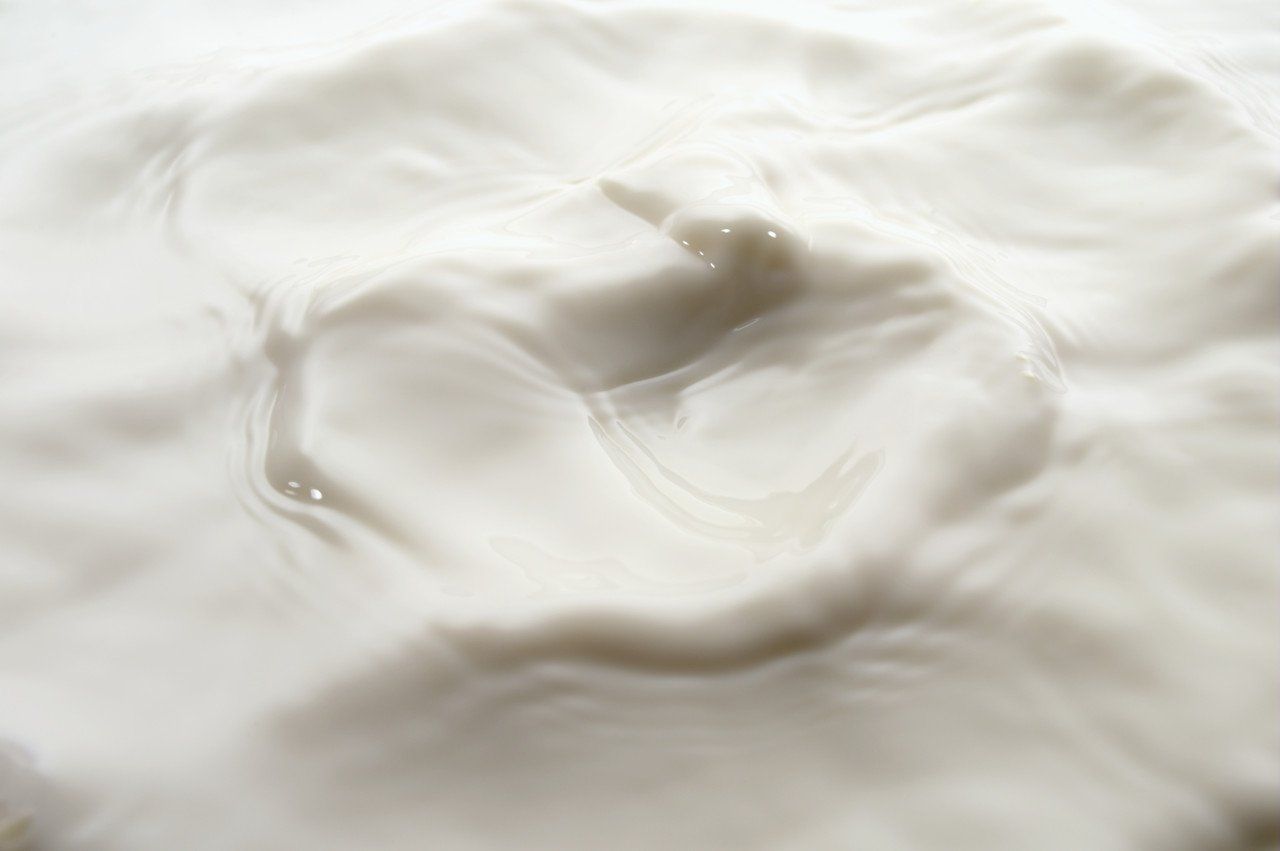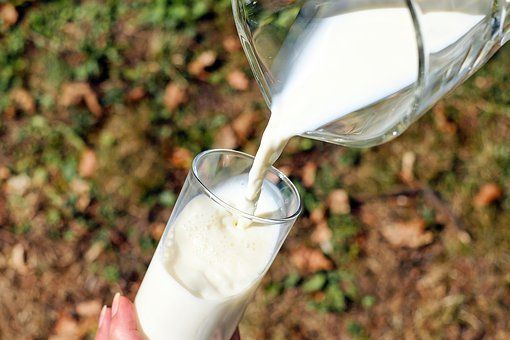Lactose suppression.
For moms and dads:
Studies concerning the suppression of lactose are not conclusive at all, so from Incolic we cannot advise the suppression of lactose in moms.
According to Dr.Porto, pediatrician and gastroenterologist, assistant professor of Pediatrics and deputy medical director of Pediatric Gastroenterology at Yale University, on the web: www.healthychildren.orgeIn some cases, a breath hydrogen test is performed to detect lactose intolerance. For the test, your child should breathe in a container that measures the level of hydrogen in the breath before and after drinking a drink that contains a known amount of lactose. Normally, only a small amount of hydrogen is detected in the breath when a person ingests and digests lactose. An increase in hydrogen levels is considered a positive test result to detect lactose intolerance.
Pediatricians examine the acidity in the stool of infants and young children who are not able to properly perform the breath hydrogen test. The presence of glucose in the stool indicates that there is undigested lactose.
If your child's symptoms persist, you may be referred to a pediatric gastroenterologist for further evaluation. Depending on the severity of your child's symptoms, the gastroenterologist may perform an endoscopy to measure lactase levels directly from the intestine. This is done through a biopsy.
The treatment of lactose intolerance depends on the extent of your child's symptoms. It is possible that some children with lactose intolerance may consume small amounts of dairy products without experiencing symptoms.
To help relieve your child's symptoms when and if you eat foods that contain lactose, your pediatrician may recommend an over-the-counter lactase enzyme supplement. Lactase is an enzyme produced in the small intestine and that is synthesized during the infant infancy of all mammals. Its action is essential for the process of converting lactose into its glucose and galactose components.
If your child's symptoms are severe and justify the total suppression of lactose in your diet, your pediatrician may refer you to a registered nutritionist. Because dairy products are a great source of calcium and vitamin D, which all children need, a registered nutritionist can suggest other foods that provide these nutrients and may also recommend vitamin supplements.
For healthcare professionals:
Studies concerning the benefit of suppressing lactose, either through artificial formulas or by eliminating dairy during breastfeeding, are not conclusive at all.
(Estep DC, Kulcycki A Jr. Treatment of infant colic with amino acid-based infant formula: a preliminary study. Acta Paediatr. 2000; 89: 22-27)
(Miller AR, Barr RG. Child colic: Is it a bowel issue? Pediatr Clin North Am 8ed esp). 1991; 6: 1439-1457)
(Geertsma MA, Hyans JS. Colic: painful syndrome during breastfeeding. Pediatr Clin North Am 8ed esp). 1989; 4: 983-999)
The recommendation to suppress lactose is based on transient malabsorption of lactose in infants with subsequent fermentation through intestinal bacteria and gas production, but only 2-3% of infants, according to a study in the USA. UU suffer this alteration.








